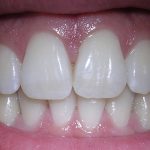5 Surprising Consequences of Not Brushing Your Teeth Regularly
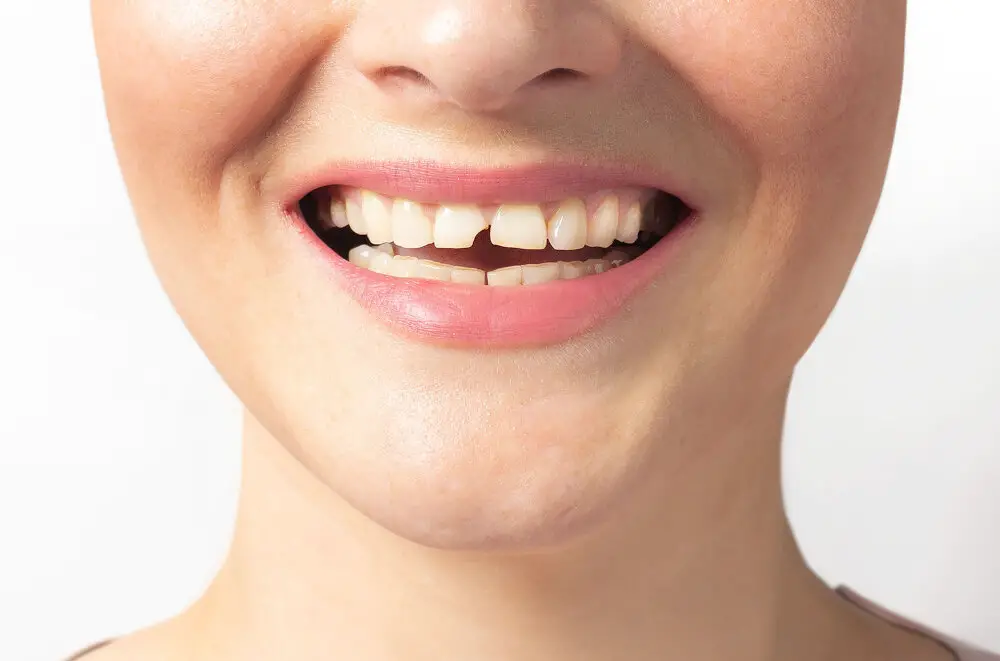
Neglecting your oral hygiene can have serious consequences that go beyond bad breath and yellow teeth. The truth is, failing to brush your teeth regularly can lead to various health problems that might affect your overall well-being. While brushing your teeth may seem like a trivial task, it is crucial to maintain good oral hygiene to prevent the accumulation of bacteria and plaque in your mouth. In this article, we will be discussing five surprising consequences of not brushing your teeth regularly. From tooth decay to heart disease, the effects of poor dental hygiene can be more severe than you might think. By understanding the potential risks associated with neglecting your oral health, you can take the necessary steps to ensure that your teeth and gums stay healthy for years to come. So, let’s dive in and explore the unexpected consequences of skipping your daily brushing routine.
Increased Risk of Tooth Decay
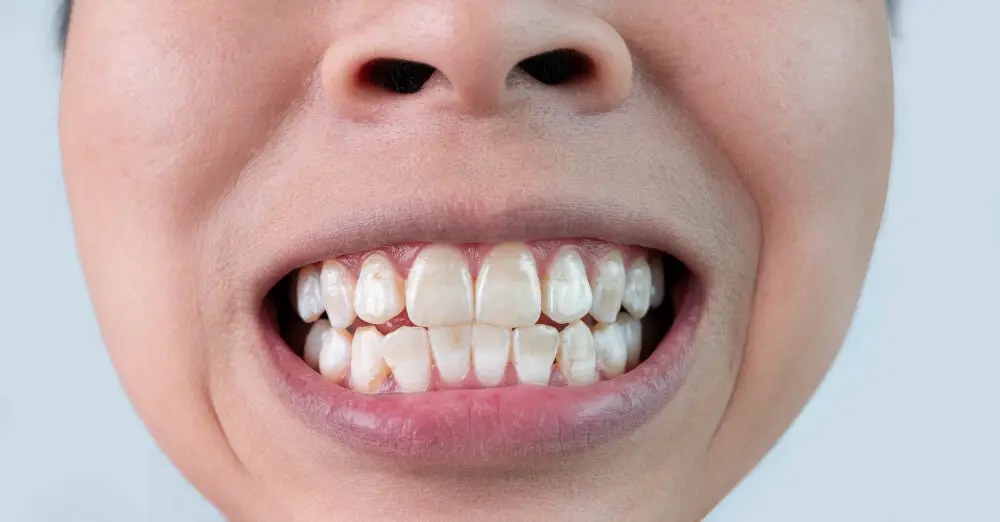
One of the most significant consequences of not brushing your teeth regularly is an increased risk of tooth decay. Tooth decay is a common dental problem that occurs when bacteria in the mouth produce acid that erodes the enamel, the protective outer layer of the teeth. If left untreated, tooth decay can lead to cavities, tooth sensitivity, and even tooth loss. Poor oral hygiene, including infrequent brushing, can create an environment in the mouth that is conducive to the growth of harmful bacteria, leading to an increased risk of tooth decay. Tooth decay can be prevented by maintaining good oral hygiene practices, including regular brushing and flossing. Brushing your teeth twice a day, for at least two minutes each time, with a fluoride toothpaste can help remove plaque and bacteria from the teeth and gums, reducing the risk of tooth decay. Flossing at least once a day can help remove food particles and plaque from between the teeth and along the gum line, where toothbrush bristles cannot reach. In addition to good oral hygiene practices, a healthy diet that is low in sugar and high in calcium and other essential nutrients can also help prevent tooth decay and maintain good oral health.
Tooth decay, also known as dental caries, is a common dental problem caused by the buildup of plaque on teeth. Plaque is a sticky film of bacteria that forms on teeth when food particles and sugar combine in the mouth. When plaque is not removed through proper oral hygiene practices such as brushing and flossing, the bacteria produce acid that can erode the tooth enamel, leading to cavities. If left untreated, tooth decay can progress and affect the deeper layers of the tooth, causing pain, infection, and even tooth loss. Therefore, it is crucial to maintain good oral hygiene habits to prevent tooth decay and maintain overall dental health.
Neglecting to brush regularly can result in tooth decay, a common dental problem caused by the accumulation of plaque on the teeth. Plaque is a sticky film of bacteria that forms on the teeth and gums, producing acid that slowly erodes the enamel, leading to cavities. When left untreated, tooth decay can progress to the inner layers of the tooth, causing infection, pain, and even tooth loss. Regular brushing helps remove the plaque and prevent the buildup of harmful bacteria in the mouth, which is why it’s essential to maintain good oral hygiene habits, including brushing at least twice a day with fluoride toothpaste and flossing daily.
According to various studies, the prevalence of tooth decay is significantly higher among people who do not brush their teeth regularly. In fact, a survey conducted by the Centers for Disease Control and Prevention (CDC) revealed that over a quarter of adults in the United States have untreated tooth decay, and poor oral hygiene is one of the key contributing factors. The accumulation of plaque and bacteria on teeth can lead to the development of cavities, gum disease, and even tooth loss. Additionally, poor oral health has been linked to other health problems such as heart disease, diabetes, and respiratory infections. Therefore, it is crucial to prioritize dental hygiene and make brushing and flossing a regular part of our daily routine.
Bad Breath
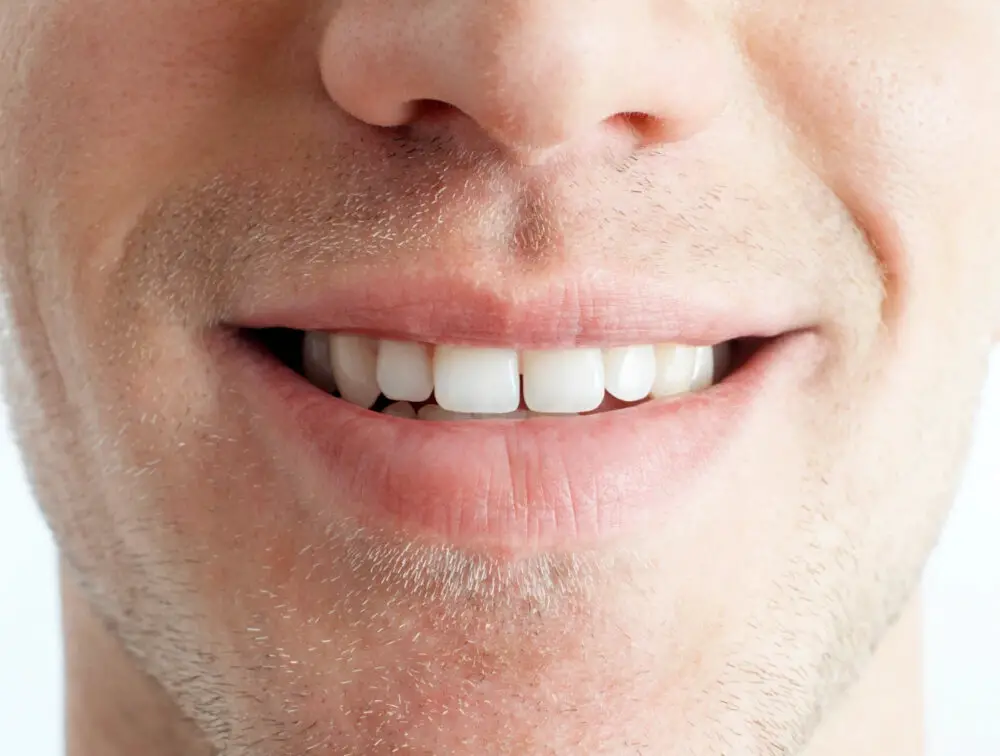
Bad breath, also known as halitosis, is a common consequence of not brushing your teeth regularly. When food particles remain in the mouth, they break down and release an unpleasant odor. Bacteria in the mouth can also cause bad breath by producing sulfur compounds. Bad breath can be embarrassing and impact your social interactions. It can also be a sign of more serious dental or medical issues such as gum disease or sinus infections. To prevent bad breath, it is important to brush your teeth at least twice a day, floss daily, use mouthwash, and visit your dentist regularly. In addition to the social implications, bad breath can also affect your oral health. The bacteria that cause bad breath can also lead to plaque buildup, cavities, and gum disease. Poor oral hygiene and bad breath can also impact your overall health. Studies have shown that gum disease can increase the risk of heart disease, stroke, and diabetes. Maintaining good oral hygiene habits such as brushing, flossing, and visiting your dentist regularly can help prevent both bad breath and more serious health issues.
Bad breath, also known as halitosis, is a common condition that can be caused by a variety of factors. One of the main culprits of bad breath is poor oral hygiene, which allows bacteria to build up in the mouth and produce unpleasant odors. Other causes of bad breath include certain foods and drinks, dry mouth, smoking, and underlying medical conditions such as gum disease or sinus infections. While bad breath may seem like a minor inconvenience, it can have significant social and psychological consequences, including embarrassment, low self-esteem, and difficulty forming relationships. Therefore, it is essential to maintain good oral hygiene practices to prevent bad breath and its associated negative effects.
Not brushing your teeth on a regular basis can lead to a host of problems, one of which is bad breath. When you don’t brush your teeth, food particles and bacteria build up in your mouth, leading to the formation of plaque and tartar. This buildup of plaque and tartar can cause an unpleasant odor that is difficult to get rid of. Moreover, the bacteria that thrive in your mouth can produce volatile sulfur compounds, which are known to cause bad breath. As a result, if you don’t brush your teeth regularly, you may become self-conscious about your breath and avoid social interactions, which can have a negative impact on your mental health and overall well-being. Therefore, it is essential to maintain good oral hygiene habits, such as brushing your teeth twice a day, flossing, and using mouthwash regularly, to prevent bad breath and other dental problems.
Bad breath, also known as halitosis, can have a significant impact on both social and professional situations. In social settings, bad breath can lead to embarrassment and self-consciousness, causing individuals to avoid socializing and engaging with others. This can lead to isolation and a lack of meaningful connections with others. In professional situations, bad breath can negatively impact an individual’s career prospects, as it can be seen as a lack of professionalism and hygiene. It can also lead to a lack of confidence in interactions with colleagues and clients, hindering an individual’s ability to succeed in their career. Regular brushing and oral hygiene practices are crucial in maintaining fresh breath and avoiding these negative consequences.
Gum Disease

Gum disease, also known as periodontal disease, is a serious dental condition that affects the gums and bones that support your teeth. It is caused by a buildup of plaque and bacteria in the mouth, which can lead to inflammation, bleeding, and eventually tooth loss. Gum disease is one of the most common dental problems in the world, and it can have serious consequences for your oral and overall health. In addition to tooth loss, gum disease has been linked to heart disease, stroke, and other serious health conditions. The good news is that gum disease is easily preventable with proper dental hygiene, including regular brushing and flossing, as well as regular dental checkups and cleanings. If you do develop gum disease, it is important to seek treatment as soon as possible to prevent further damage to your teeth and gums. Your dentist can recommend a variety of treatments for gum disease, including deep cleaning, antibiotics, and even surgery in more advanced cases. By taking care of your teeth and gums, you can prevent gum disease and enjoy a healthy, beautiful smile for years to come.
Gum disease, also known as periodontal disease, is a bacterial infection that affects the tissues surrounding and supporting the teeth. It is caused by the buildup of plaque, a sticky film of bacteria that forms on teeth and gums. When plaque is not removed through proper brushing and flossing, it can harden into tartar, which can only be removed by a dental professional. The bacteria in plaque and tartar release toxins that can damage the gums and lead to inflammation, bleeding, and eventually, tooth loss. Gum disease can also increase the risk of other health problems, such as heart disease and diabetes, making it crucial to maintain good oral hygiene habits.
Neglecting oral hygiene, particularly inadequate brushing of teeth, can lead to a host of dental problems, with gum disease being one of the most common and severe. The accumulation of dental plaque – a sticky film of bacteria – on teeth surfaces, particularly around the gum line, can result in inflammation and infection of the gums, also known as gingivitis. If left untreated, gingivitis can progress into periodontitis, which can cause irreversible damage to the bone and ligaments that support the teeth, leading to tooth loss. Besides, gum disease has been linked to several systemic conditions, including heart disease, diabetes, and stroke, highlighting the importance of maintaining optimal oral hygiene.
One of the most common and severe consequences of neglecting your oral hygiene is gum disease. This condition can cause a wide range of unpleasant symptoms, including bleeding, inflammation, and bad breath. However, the potential consequences of gum disease go beyond these immediate effects. Over time, this condition can lead to tooth loss, as the gums recede and the teeth become loose and unstable. This can be a painful and expensive problem to treat, and it can significantly impact your quality of life. In addition, gum disease has been linked to a variety of other health issues, including heart disease, diabetes, and stroke. Therefore, it’s essential to maintain good oral hygiene habits, such as brushing and flossing regularly, to prevent gum disease and its potential consequences.
Increased Risk of Health Problems

Not brushing your teeth regularly can lead to a plethora of health problems. One of the most significant consequences is an increased risk of dental caries and gum disease. When you don’t brush your teeth, bacteria build up on the surface, forming plaque. Over time, this plaque hardens and turns into tartar, which can only be removed by a dentist. Tartar buildup can cause gum inflammation, leading to gingivitis and periodontitis. These conditions can cause tooth loss, infections, and even bone damage. Moreover, gum disease has also been linked to an increased risk of heart disease, stroke, and diabetes, making it crucial to maintain proper oral hygiene. In addition to dental problems, not brushing your teeth regularly can also affect your overall health. Poor oral hygiene can lead to bad breath, which is not only embarrassing but can also be a sign of underlying health issues. Furthermore, the bacteria in your mouth can travel to other parts of the body through the bloodstream, increasing the risk of infections and inflammation. Research has also shown that poor oral hygiene during pregnancy can lead to premature births and low birth weights. Thus, taking care of your teeth is not only essential for your oral health but also for your overall well-being.
Oral health and overall health are closely linked, and neglecting one can lead to negative consequences in the other. Poor oral hygiene can cause gum disease and tooth decay, which can lead to inflammation in the mouth and throughout the body. This inflammation can contribute to a range of health issues, including heart disease, diabetes, and stroke. Additionally, the bacteria that thrive in an unhealthy mouth can travel to other parts of the body, increasing the risk of infection and other health problems. Therefore, it’s important to prioritize good oral hygiene habits, such as brushing and flossing regularly, to maintain both oral and overall health.
Neglecting to brush your teeth regularly can lead to several potential health problems that can have negative consequences on your oral and overall health. According to research, the accumulation of plaque and bacteria on teeth and gums can cause cavities, gum disease, and bad breath. Moreover, poor oral hygiene can also lead to more severe issues such as tooth loss, cardiovascular diseases, and diabetes. Hence, it is crucial to maintain good oral hygiene by brushing your teeth twice daily to prevent the buildup of harmful bacteria and plaque that can lead to various health problems.
Maintaining good oral hygiene is essential for overall health as it helps prevent various health problems such as gum diseases, heart diseases, and even dementia. Poor oral hygiene can lead to the accumulation of plaque and bacteria in the mouth, which can cause inflammation and infections. These infections can then spread to other parts of the body, causing serious health problems. Brushing your teeth twice a day, flossing, and using mouthwash can help keep your mouth clean and healthy. Additionally, regular dental check-ups and cleanings can also help identify any potential dental issues before they become more serious health concerns. Taking care of your oral health should be a top priority for maintaining good overall health.
Neglecting to brush your teeth regularly can have some unexpected and unpleasant consequences. Firstly, you may experience bad breath, as the bacteria in your mouth thrive on food debris and produce sulphur compounds that cause foul odors. Secondly, poor oral hygiene can lead to gum disease, which can cause bleeding, inflammation, and even tooth loss. Thirdly, studies have shown a link between poor oral health and an increased risk of heart disease and stroke. Fourthly, not brushing your teeth can also affect your mental health, as the discomfort and embarrassment of oral problems can lead to social anxiety and depression. Finally, poor dental hygiene can even affect your job prospects, as employers may view bad breath or visible dental problems as a lack of professionalism.
Maintaining good oral hygiene is crucial for overall health, and brushing your teeth regularly is an important part of it. Neglecting to brush your teeth can lead to a build-up of plaque, which can cause gum disease, tooth decay, and bad breath. However, the consequences of not brushing your teeth go beyond just your oral health. Poor oral hygiene has been linked to an increased risk of heart disease, stroke, diabetes, and even some types of cancer. Therefore, it is imperative to brush your teeth at least twice a day to maintain good oral health and prevent serious health complications.
It’s time to prioritize your oral hygiene routine and take action to prevent the surprising consequences of neglecting your teeth. Don’t wait until your teeth are yellow, your breath is foul, or you experience painful cavities. Brush twice a day, floss daily, and use mouthwash to keep your mouth clean and fresh. Remember that good oral hygiene is not just about having a beautiful smile, it’s also about maintaining your overall health. So, take care of your teeth and gums, and make it a habit to visit your dentist regularly. Your future self will thank you for it!
Conclusion
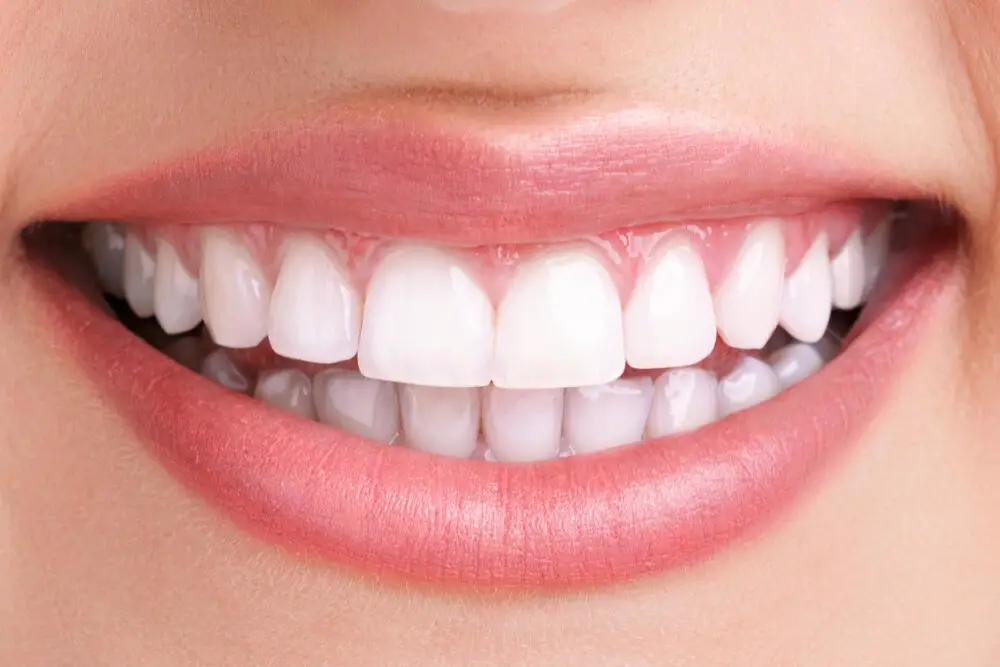
In conclusion, neglecting the importance of regular teeth brushing can have serious, and often surprising, consequences on our overall health. From gum disease to heart disease, the impact of poor oral hygiene can extend beyond just our mouths. The buildup of bacteria and plaque can lead to a range of medical issues that can be both painful and costly to treat. Therefore, it is crucial to prioritize our dental health by brushing our teeth at least twice a day, flossing regularly, and visiting the dentist for routine checkups. Investing in our oral health can not only improve our quality of life but also prevent potential health risks down the road. Remember, a healthy smile is a happy smile, and it all starts with good dental hygiene.



